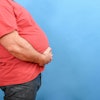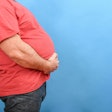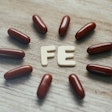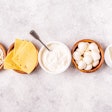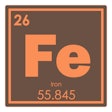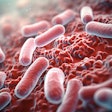
Despite its nutrients and perceived health benefits, regular consumption of pomegranate juice may not be good for one's teeth. The acidic beverage may demineralize teeth, according to a study recently published in PLoS One.
Additionally, pomegranate juice may have the tooth erosion potential equivalent to that of cola, the authors wrote.
"Long-term continuous consumption of pomegranate juice can lead to irreversible damage to tooth structure," wrote the authors, led by Yue Chen of Xinjiang Medical University in China (PLoS One, April 10, 2024).
To study the erosive nature of pomegranate juice, enamel blocks were submerged into either deionized water, cola, or pomegranate juice four times daily for 14 days, then stored in artificial saliva. Surface hardness was measured on days seven and 14. Researchers examined surface structures with scanning electron microscopy and demineralization depth with confocal laser scanning microscopy.
Furthermore, they analyzed pH, calcium, and phosphorus levels of the solutions. The microhardness of the pomegranate juice and cola groups decreased over time, with pomegranate juice causing large fractures and cola causing pitting. Fluorescent penetration was significantly higher in the pomegranate juice group. Cola had a lower pH but higher phosphorus content compared to pomegranate juice, which had a higher calcium level, the authors wrote.
The acidic nature of pomegranate juice, due to its low pH, can potentially etch the enamel surface, causing erosion. Additionally, its citric acid content further contributes to enamel demineralization, posing significant harm to tooth surfaces, according to the study.
However, the study had limitations, including that it was conducted in vitro. Therefore, it may not fully replicate the oral environment of the human mouth.
In the future, more in vivo studies are necessary to confirm the affect of pomegranate juice on enamel surface morphology and hardness, they wrote.
"Pomegranate juice can cause enamel demineralization with an erosive potential comparable to that of cola," Chen and colleagues wrote.




